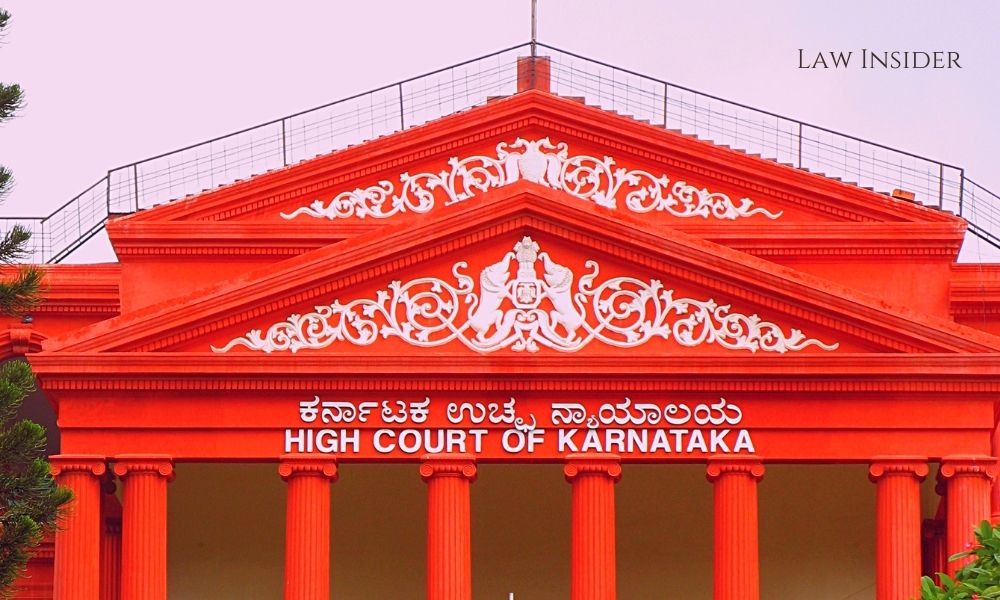Sakina Tashrifwala
Published on: 27 September 2022 at 15:38 IST
Twitter, the US-based microblogging site, filed an appeal with the Karnataka High Court on Monday, challenging the Central Government’s directives to remove information, including postings related to the Farmers’ Protest and alleged mismanagement during COVID-19.
Twitter questioned how it could be instructed to restrict user accounts and stifle their freedom of expression since knowledge of these events was widely disseminated by television and print media.
“If 1200 accounts are blocked on my platform even though content appears in print and on TV, it is producing bias,” Senior Advocate Arvind Datar submitted to the microblogging platform.
Twitter asserts that if any individual account is detrimental to India’s interests, it will be the first to take action. When the government wants to restrict particular accounts from being opened, it must follow the legislative process.
According to the precedent established in the Shreya Singhal case, if the Centre considers a tweet undesirable, it must write a notification to the account holder asking why the tweet should not be removed. He said that banning user accounts would violate free expression. Furthermore, blocking orders show an overuse of authority and are unfair.
“The right to criticise is at the core of Article 19… because we are a democracy.”
At this point, the High Court wondered whether the right to free speech and expression extends to artificial individuals such as Twitter.
Datar reacted by stating that the method outlined in Section 69 of the Information Technology Act must be followed.
Section 69 empowers the federal and state governments to issue orders for the interception, monitoring, or decryption of any information transmitted over any computer resource. He said that this section does not permit ‘bulk’ account banning.
Significantly, the Centre has filed a response on the issue, noting that it is not for an intermediate site like Twitter to judge what free expression is permissible and what is in violation of national security and/or public order.
Today, Datar raised three primary grounds in the challenge:
(a) that the legal notice was only served on Twitter and not the account holder who put out the allegedly offending post, and that Twitter is not allowed to communicate because the order directs it to maintain confidentiality;
(b) non-compliance with Section 69A of the IT Act; and
(c) that while a tweet can be blocked, an entire account cannot be shut down simply because of some political criticism.
Datar claimed that a problematic account should be terminated only if it is a chronic/repeat offender; otherwise, it would violate the proportionality principle, thereby impacting the social networking platform’s profitability.
Regarding Noncompliance With Blocking Rules
Datar claimed that the Central Government’s blocking orders violate Rule 6 of the IT (Blocking Rules) 2009, which requires identifying the individual sending the communication as well as the intermediary. The protocol to be followed is that any information received must be reported to Twitter before a decision to block is made, and Twitter must be allowed to offer clarification as per Rule 8. According to the guidelines, the account holder should be provided an equal opportunity.
On the contrary, the central government has simply issued instructions to ban 1,158 accounts, according to Datar.
He used Shreya Singhal’s case to suggest that a blocking order may be properly issued if the procedure, which includes notice to the social media site and the account user, was followed. He noted that it will then be presented to a review committee.
Further he added that, “If notice is not given to me in accordance with process, this produces prejudice. If the law requires something to be done in a certain way, it must be done that way. If following natural justice principles is only a formality, then it is unnecessary to provide it.”
He claimed that any blocking order issued without following the regulations has an impact on the intermediate platform, which is involved in providing and disseminating the aforementioned information.
Datar also cited Rule 16 of the Blocking Rules, which states that all information connected to the request and complaint received, as well as the steps taken in each case, must be kept secret. He said that 1,200 accounts were barred without alerting the account owners, and Twitter is also prohibited from informing its users of the cause of such a snag. He states the reports where centre is banning “innocuous” accounts.
Datar said that some accounts sought to be blocked had sent “innocent” tweets that did not merit interference in the execution of the Centre’s powers under Section 69A of the IT Act.
Further he contended that data might present a false picture in a lawsuit for individual rights of the 1,200 prohibited accounts since the High Court concentrated on the number of such accounts, which was supposedly 2.66%.
He stated that blocking the whole account, especially in the absence of any time restriction specified in the blocking orders, necessitates the use of statutory protections. He cited a case in the Delhi High Court in which the Ministry, one of the defendants, filed a signed declaration declaring that user accounts should be disabled only as a “last option.”

